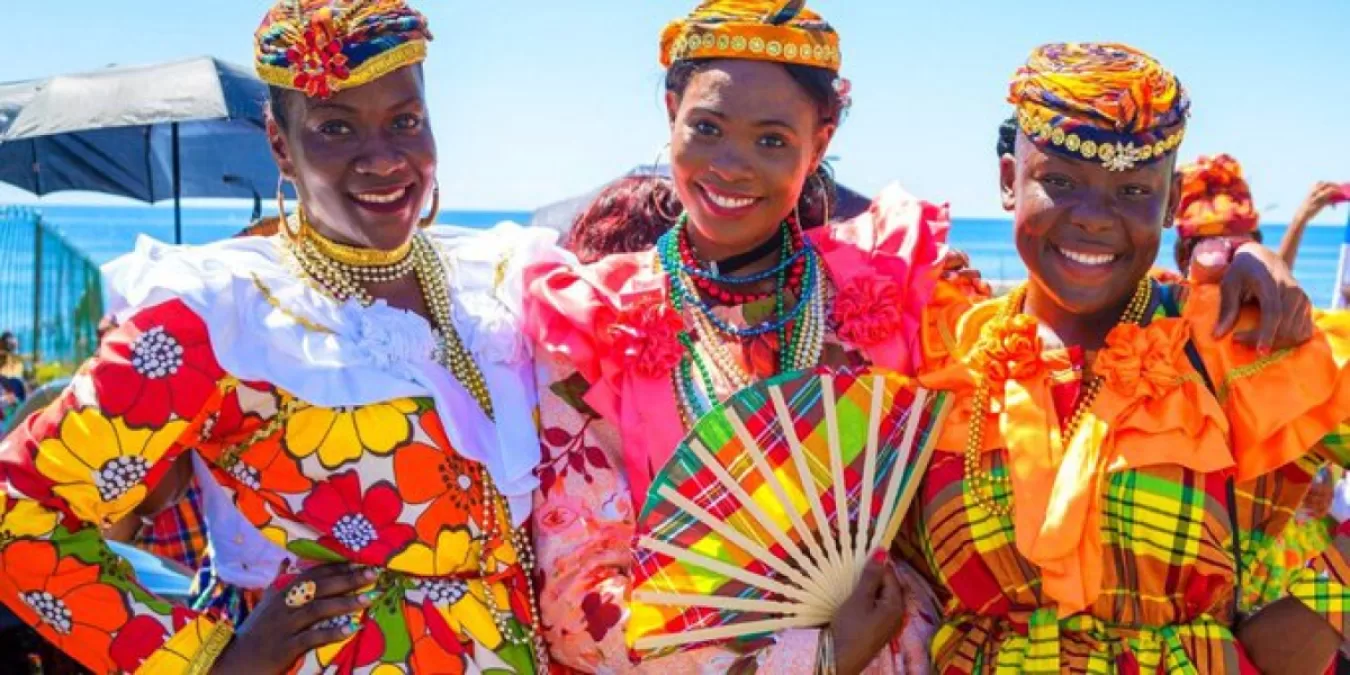The first European contact with this Caribbean island took place on Sunday November 3rd 1493 when Christopher Columbus sailed past during his second voyage to the new world. He named the island Dominica after the Latin term ‘dies Dominica’ for Sunday.
The Spanish never made a serious effort to colonise the island finding it hard to maintain for the lack of natural resources.
The French showed an interest in the seventeenth century and established the first permanent European settlement in 1690. They brought many African slaves to the island and developed coffee plantations.
Britain gained possession of Dominica in 1763 in accordance with the Treaty of Paris, which ended the Seven Years’ War, though it wasn’t until 1805 that the French gave up repeated attempts to recapture Dominica.
Due to a high amount of Africans on the island, Dominica became the first and only British colony in the Caribbean to have a Black-controlled legislature in 1838.
In 1871, Dominica became part of the British Leeward Islands, removing the local control on the island.
On November 3rd 1978, the Commonwealth of Dominica gained its independence from Britain as an independent republic within the Commonwealth, with Patrick John becoming it’s Prime Minister.
